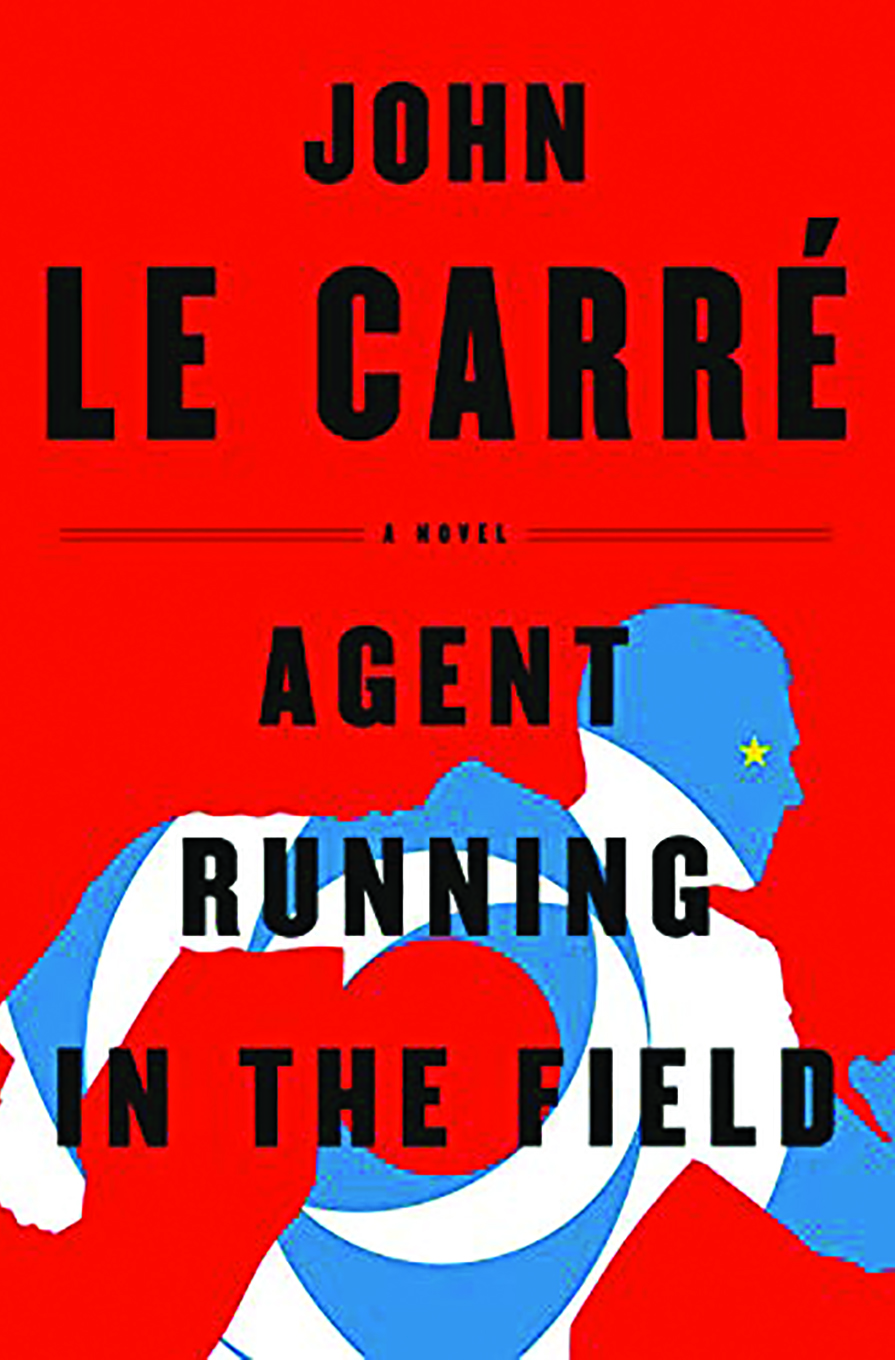“Oh, and by the way, can anyone here tell me what Jericho’s about? I know it’s password-protected and never to be discussed, and I haven’t been cleared for it. But neither was Maria, neither was Gamma and neither presumably is Moscow center.”
John Le Carre’s Agent Running in the Field is a tale of British spies, Brexit, and uncertain treason. Brexit is an apt topic for the novelist who, for more than a half-century, has mastered the art of espionage fiction. An unashamed member of the British center-left intelligentsia, Le Carre allows his own opposition to Brexit to seep through onto his pages. But that doesn’t make this a Remainer-only read.
Unlike most espionage novels, which invariably tend to be action-heavy, Le Carre’s books focus on the nuts and bolts of spying.
In this case, we’re introduced to Nat, a late-career member of Britain’s CIA equivalent agency, the Secret Intelligence Service. Commonly referred to as MI6, the service is responsible for recruiting and running foreign agents in terrorist groups and governments abroad. An old Russia hand, Nat is looking forward to taking things a little easier. After his devoted liberal lawyer wife, Prue, badminton is first and foremost in his mind. But Nat soon takes up a chance to lead an MI6 office handling Russian agents in Britain.
Weaving a path from London to rainy little England to a mansion in the Czech forests, Nat seeks to solve a plot interweaving Russian spies, dirty Ukrainian money, and Brexit-related treason. As with most Le Carre novels, this one starts slow. But it never seems lethargic. Painting an intimate picture of Nat and his family, Le Carre reminds us that spies are only human.

There’s good humor in these pages.
On a skiing trip, Nat relies on his intelligence tradecraft skills to select a location for broaching a sensitive discussion with his daughter. The MI6 officer does so in the same way he would select the location for a “risky approach to a potential source.” He selects a T-bar “of the old type: you went up side-by-side, no need for eye contact, nobody within earshot, pine forest to the left, steep drop to the valley on the right. A short, sharp descent to the bottom of the one and only lift, so no fear of losing touch, obligatory cut-off point at the top, any follow-up questions to be dealt with on the next ascent.”
This is Le Carre at his best, clever but pertinent, and valuable as much for what he writes as for his deliberate omissions. Any actual source meeting would involve an escape plan as a critical requirement. But seeing as Nat is talking with his daughter, escape is not an option to consider. Instead, Nat takes confidence in the inevitable “short, sharp descent.”
The book’s centering location and Le Carre’s literary rejoinder to the British establishment is the Athleticus Club. A well-to-do sports club in West London, albeit one that has learned to welcome minorities, the club sets Nat up for his meeting with Ed. At first glance, Ed comes across simply as a slightly odd guy. He’s aloof, proud, and despising of President Trump and Brexit. Ed’s views appear to be a moderated medium for Le Carre’s own, which are internationalist and skeptical of American hegemonic power. Regardless, Nat doesn’t care so much for Ed’s oddities. He’s happy, or at least tolerant of, vigorous matches with his new badminton partner.
But when Nat meets a Russian “illegal,” the book gets running.
The supposed elite of Russian intelligence, Russian illegals are what the CIA would refer to as nonofficial cover officers. They’re responsible for infiltrating Western societies and building up deep covers. Operating outside of Russian diplomatic missions, illegals are called upon for the most sensitive and secretive of missions.
Fortunately, Nat’s illegal is a defector. Disillusioned with mother Russia, he informs his MI6 handler that Moscow Center — Russian SVR headquarters — has activated him for an upcoming mission. Nat works with his colleagues to get ahead of Russian President Vladimir Putin’s officers. The ensuing twists, turns, false flags, and constantly moving plot keep the reader turning the pages. We want to know what will happen next and to find out what role Nat’s erstwhile protege, Florence, plays in everything. Trust is a priceless commodity in the intelligence world, after all.
Nat’s struggle against the great British bureaucracy is a sustaining cause for numerous laughs. Another positive is Le Carre’s refusal to create twists for the sake of it. There’s real patience here and deep attention to British intelligence methodology. Unsurprising attention, of course, seeing as Le Carre is himself a former MI6 officer.
The finish of Agent Running in the Field is a little disappointing. After lauding “Percy’s” watchers for much of the book, Le Carre’s conclusion stretches credibility. But showing that detail matters to spying more than force, Le Carre has again delivered here.
